Coriander seeds are utilised in a variety of dishes around the world, particularly curries from India. They originate from cilantro plants. These little, oblong seeds are green to yellowish-brown in appearance and have a distinct citrus flavour.
Table of Contents
Coriander seeds are utilised in a variety of dishes around the world, particularly curries from India. They originate from cilantro plants. These little, oblong seeds are green to yellowish-brown in appearance and have a distinct citrus flavour.
When used in cooking, the essential oils found in the hollow chamber of the coriander seed, which is plump and brown in colour, provide flavour to the food. When the plant becomes brown and its leaves begin to dry and fall, they are harvested. Young seeds have a bright green colour and a bitter flavour. Coriander seeds are used as a common household spice, but they also have a number of health benefits.
What are coriander seeds?
The coriander plant's blossoms are where coriander seeds are found. Small, brown, crunchy seeds with a flavour entirely distinct from that of fresh coriander or cilantro.
Indian, Middle Eastern, Latin American, and Egyptian cuisine all frequently use coriander seeds.
These tiny gems are a treasure to retain since they are delicate, adaptable, and have a humble flavour.
Other names of coriander seeds:
Coriander seeds in English – Coriander seeds, whole coriander
Coriander seeds in Hindi (Indian) – Sabut Dhania
Coriander seeds French – graines de coriande
Coriander seeds German – Koriandersamen
Coriander seeds Spanish – semillas de cilantro
Coriander seeds’ flavour:
Coriander seeds are classified as a warm/sweet spice. This indicates that it is a common spice to utilise as a foundation element in spice blends. It tastes slightly lemony.
Similar to cumin seeds, it is rich in volatile oils and has an earthy scent that is generated when it is briefly roasted over direct heat or in oil.
Among the many recipes that can be prepared using coriander seeds are stews, soups, Indian curries, stir-fries, and as a base component in spice blends and marinades.
How to use coriander seeds in cooking?
Coriander seeds are a necessary ingredient in Indian cooking. Regardless of the style of cuisine, there are several ways to cook with coriander seeds because it is a versatile spice.
In many Indian cuisines, the first step known as tempering uses them whole. Before adding any other ingredients, temper coriander seeds in heating oil at the beginning of the cooking process to flavour the oil.
Since it has a moderate flavour, you can enhance the flavour by adding other spices like mustard seeds, cumin seeds, cinnamon, etc. (Read more below about the greatest spice and food combinations.)
Crushed or broken whole seeds can also be added to spice rubs, marinades, sauces, and pickling spices.
Stir-fries, stews, curries, and broths can all benefit from adding whole or lightly crushed coriander seeds for flavour and texture.
Difference between coriander seeds and ground coriander:
The distinction between ground coriander and coriander seeds sometimes causes difficulty for a lot of home cooks.
Coriander powder is the ground form of the whole spice known as coriander seed.
The flavour of whole coriander seeds and coriander powder is far more complex than the flavour difference between fresh and dry coriander leaves.
The way they are employed during the cooking process is the primary distinction.
Coriander seeds are used at the start of the cooking process, or they can be crushed and added to rubs and marinades, like other whole spices.
Midway during the cooking process, coriander powder can be added directly to the meal to combine the flavours.
Health benefits of coriander seeds:
- Enhances Digestion: These minuscule seeds are a miracle cure for all digestive problems, including bloating, gastric discomfort, diarrhoea, and nausea. It offers a comprehensive treatment to practically all digestive-related problems. Additionally to having dietary fibre, it is a good source of antioxidants. They promote improved liver function and aid in the production of digestive hormones.
- Lowers Cholesterol: Coriander seed helps the body produce more healthy cholesterol while lowering bad cholesterol. These are abundant in minerals like copper, zinc, iron, and other necessary elements that boost RBC and enhance heart health. Coriander seeds aid in boosting metabolism as well.
- Helps in blood sugar management: Diabetics are treated by these tiny seeds, which have been shown to promote weight loss and remove excess body fat.
They are a good source of antioxidants and other necessary vitamins that aid in controlling the body's blood sugar levels. When you wake up, try sipping a simple coriander-infused tea to help control your blood sugar and promote weight loss.
- Enhances the health of the skin and hair: The seeds are abundant in antioxidants, vitamins K, C, and B, as well as other minerals that are good for the skin and hair. By using dhaniya in your diet, you can attain bright skin because it slows down the ageing process and shields the skin from allergens and redness. It encourages hair regeneration and prevents hair from going grey too soon.

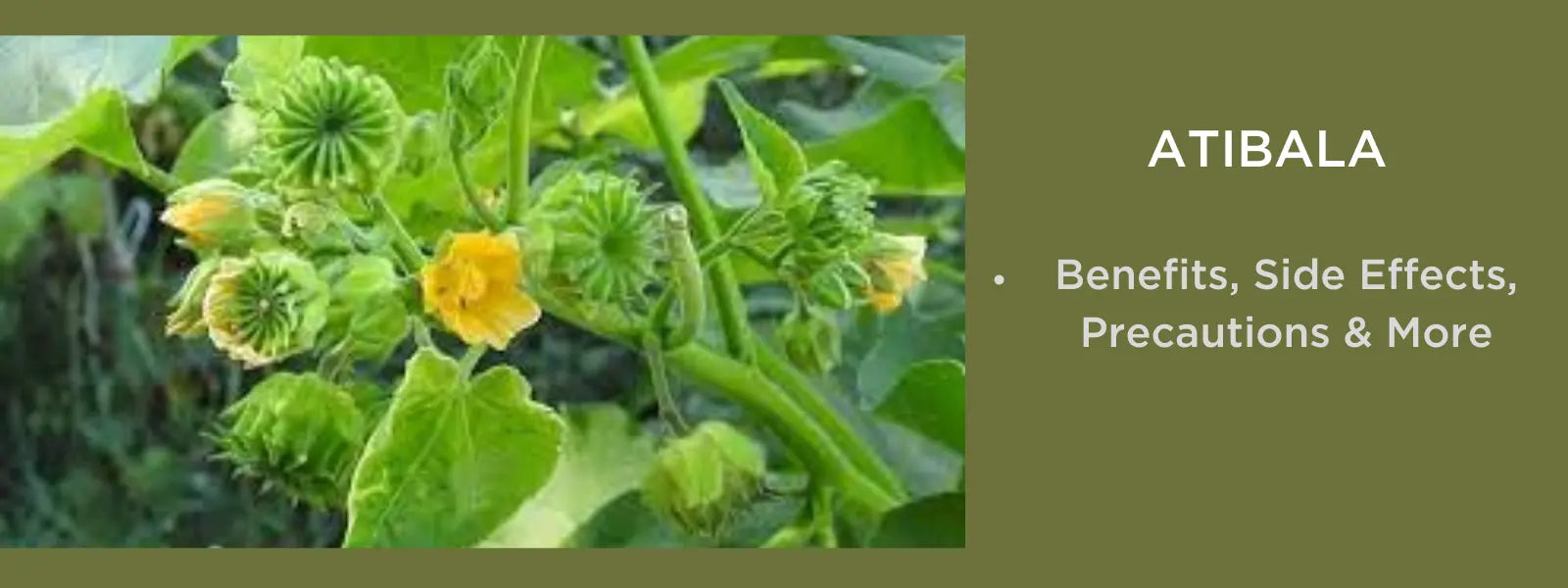
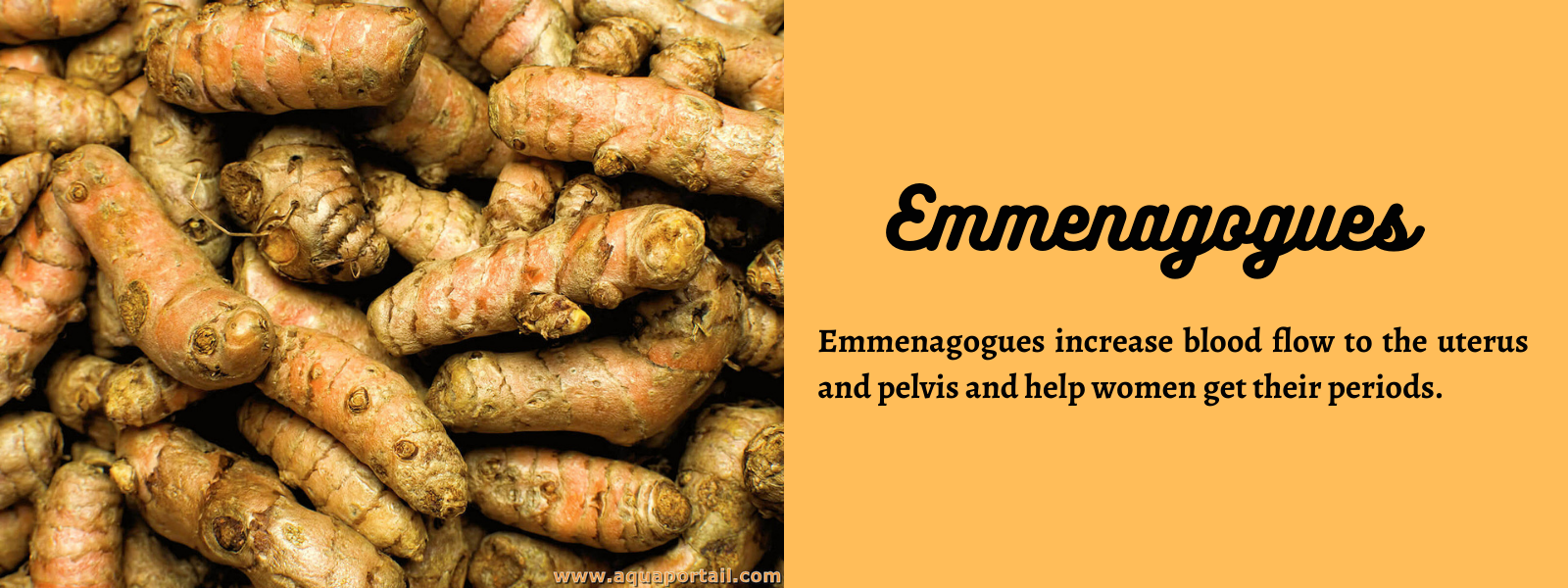
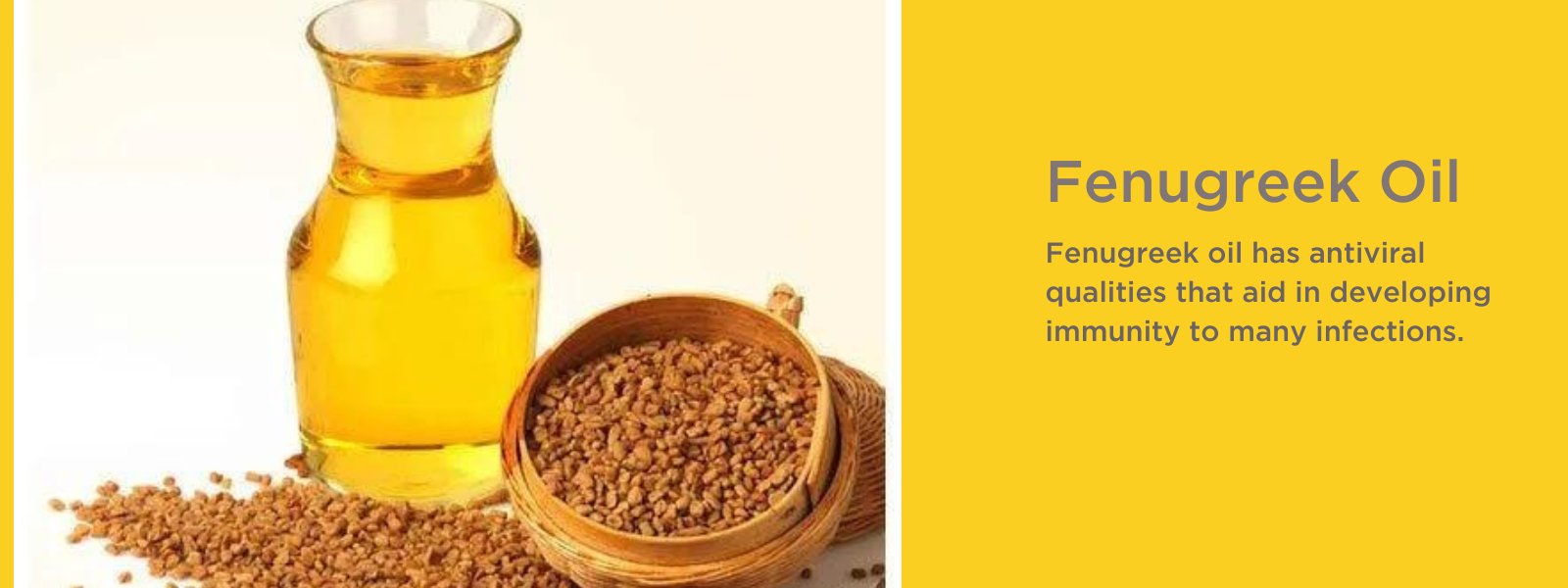
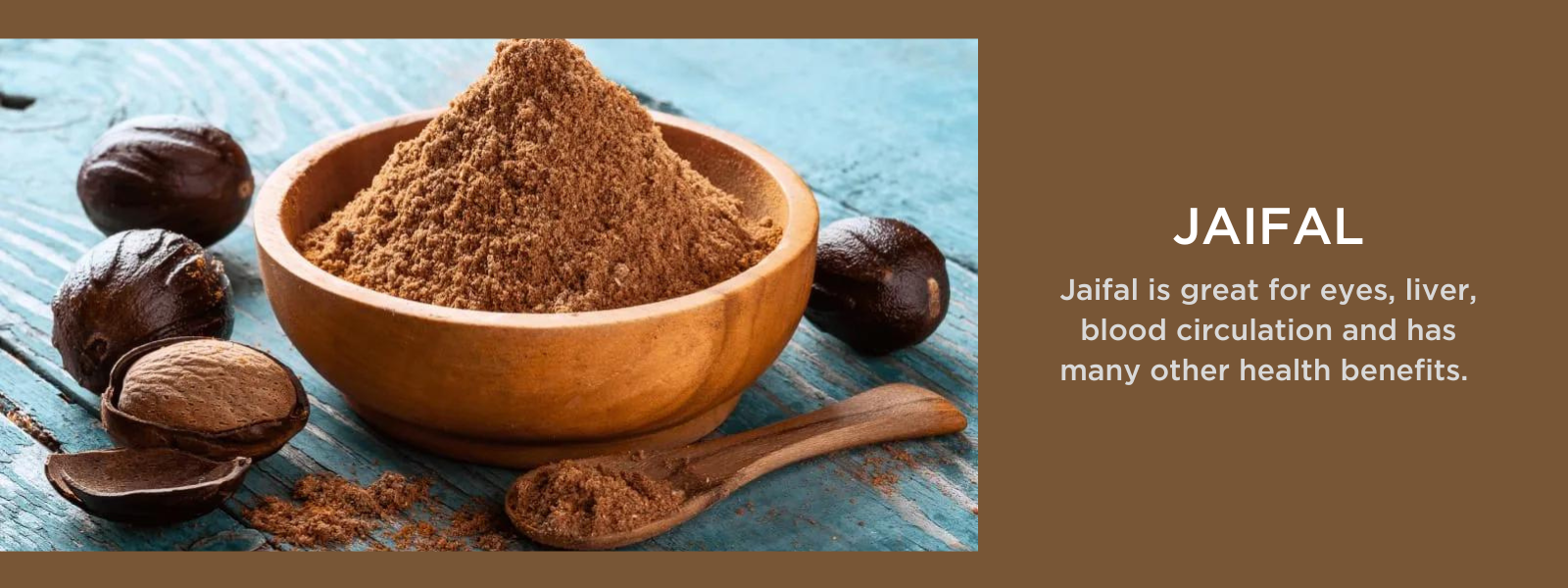
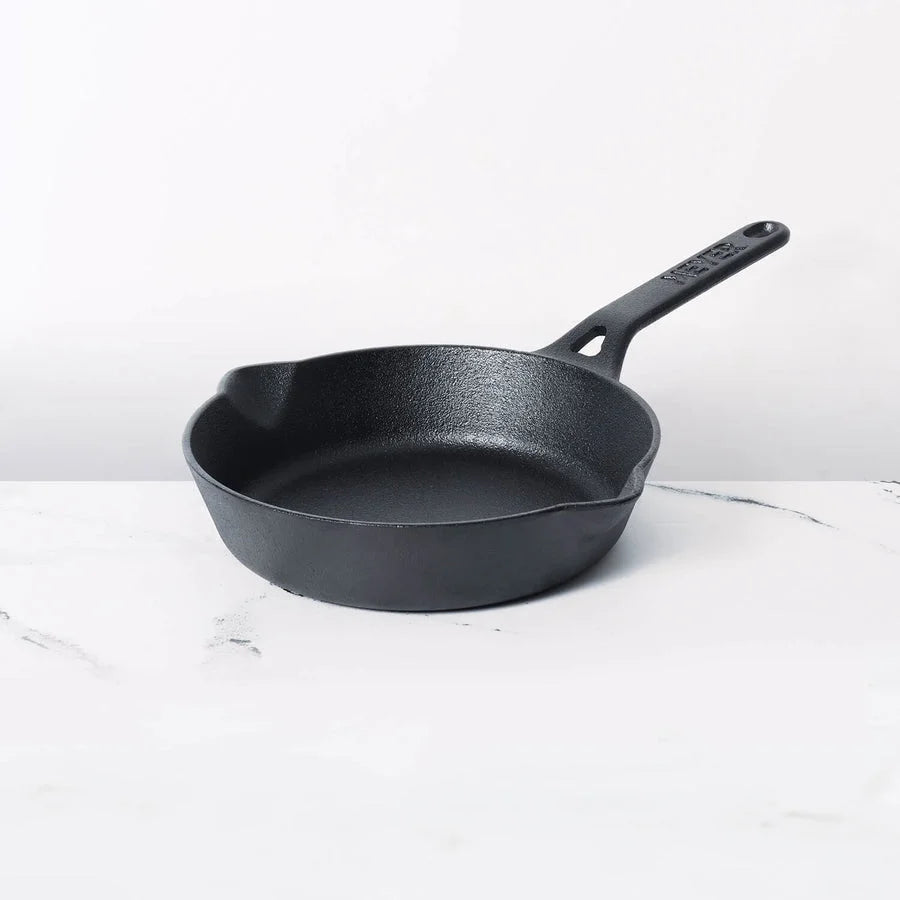
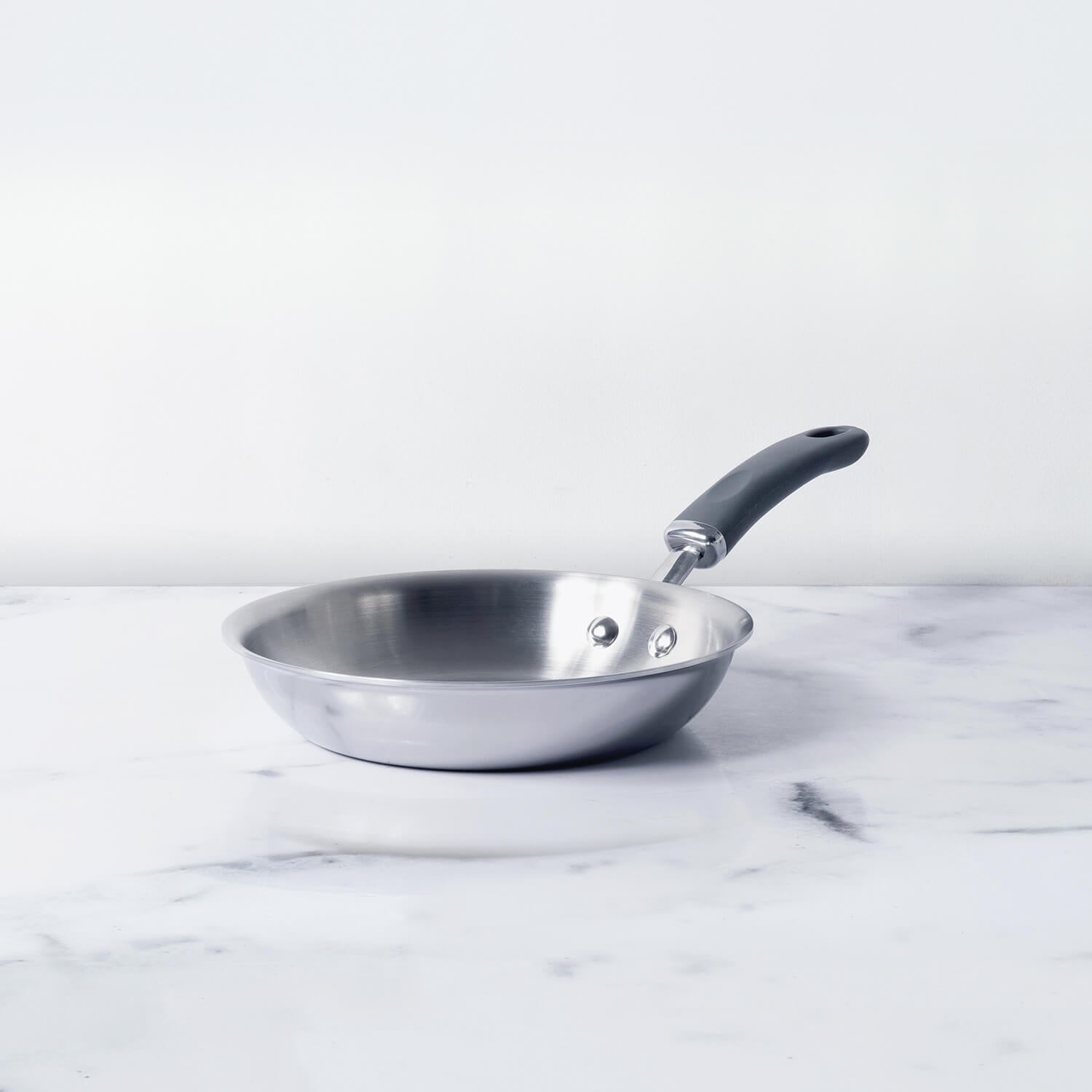




Leave a comment